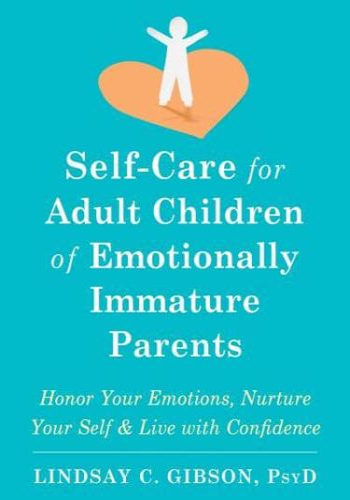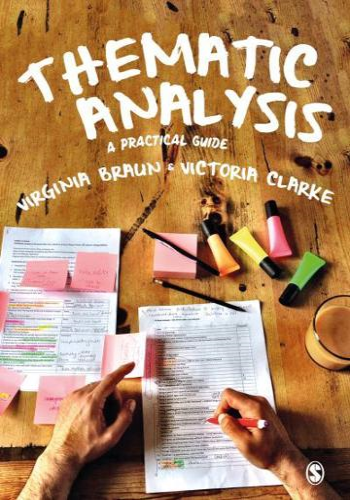From the author of the self-help hit, Adult Children of Emotionally Immature Parents, this essential guide offers daily, practical ways to help you heal the invisible wounds caused by immature parents, nurture self-awareness, trust your emotions, improve relationships, and stop putting others' needs ahead of your own.
If you grew up with an emotionally immature, unavailable, or selfish parent, you probably still struggle with anger, sadness, resentment, or shame. As a child, your emotional needs were not met, your feelings were dismissed, and you likely took on adult levels of responsibility in an effort to compensate for your parent's behavior. Somewhere along the way, you lost your sense of self. And without this strong sense of self, you may feel like your own well-being isn't valuable.
In this compassionate guide-written just for you, not them-you'll find tips and tools to help you set boundaries with others, honor and validate your emotions, and thrive in the face of life's challenges. You'll discover how to protect yourself from hurtful behavior, stop making excuses for others' limitations, forge healthier relationships, and feel more confident in your life. Most importantly, you'll learn how to stop putting others' needs before your own, and manage daily stressors with competence, clarity, and optimism.
Self-care means honoring and respecting the self. But when you grow up with emotionally immature parents, you are taught that setting limits is selfish and uncaring. You are taught to seek approval instead of authenticity in relationships. And you are taught that empathy and emotional awareness are liabilities, rather than assets. But there's another way to go through life-one in which you can take care of yourself, first and foremost.
Let this book guide you toward a new way of being.







